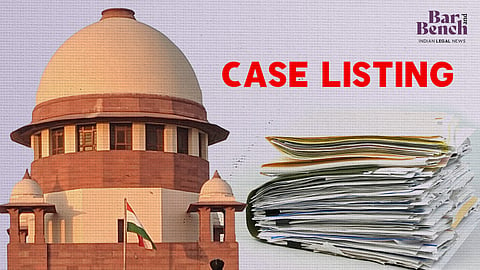
- Latest Legal News
- News
- Dealstreet
- Viewpoint
- Columns
- Interviews
- Law School
- Legal Jobs
- हिंदी
- ಕನ್ನಡ

The Supreme Court on Wednesday questioned the Maharashtra government’s urgency in requesting an early listing of its appeal against the recent Bombay High Court judgment that had acquitted all 12 accused in the train blasts case of 2006.